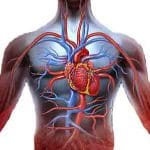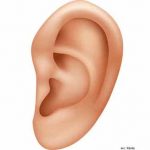Brain stimulation boosts hearing in rats with ear implants
| Study identifies neurons that can improve sound perception, which could explain the variation in performance in people with cochlear devices.
Stimulating neurons that are linked to alertness helps rats with cochlear implants learn to quickly recognize tunes, researchers have found. The results suggest that activity in a brain region called the locus coeruleus (LC) improves hearing perception in deaf rodents. Researchers say the insights are important for understanding how the brain processes sound, but caution that the approach is a long way from helping people. Cochlear implants use electrodes in the inner-ear region called the cochlea, which is damaged in people who have severe or total hearing loss. The device converts acoustic sounds into electrical signals that stimulate the auditory nerve, and the brain learns to process these signals to make sense of the auditory world. |
|
| Some people with cochlear implants learn to recognize speech within hours of the device being implanted, whereas others can take months or years. “This problem has been around since the dawn of cochlear implants, and it shows no signs of being resolved” (Gerald Loeb, USCLA).
Researchers caution that stimulating the LC in humans could be dangerous. The region sends signals to many brain regions, and regulates the fight-or-flight response. Stimulating the LC in people “would raise blood pressure and heart rate, and [induce] other autonomic responses”, says Graeme Clark, an otolaryngologist in the Graeme Clark Institute at the University of Melbourne, Australia, who developed the first multi-channel cochlear implant in the 1970s. “We would have to do a series of experiments to prove that it is something worth doing.” |
|
| Author(s) | Source |
| Naddaf M | nature, 21 Dec 2022 doi: https://doi.org/10.1038/d41586-022-04553-z |
| This is a post of a scientific or business information. The information given here is checked thoroughly by “Implant-Register”. However we can´t be responsible for the content. The content usually is shortened to make it understandable for many. Read the linked original text if you are interested. Contact the publisher, if you have questions. You may inform us about changes of the information to improve the Register. | |
| Comments: n/a let us know |
|
Find NEWS and PUBLICATIONS here according to your interests or use the search box.









